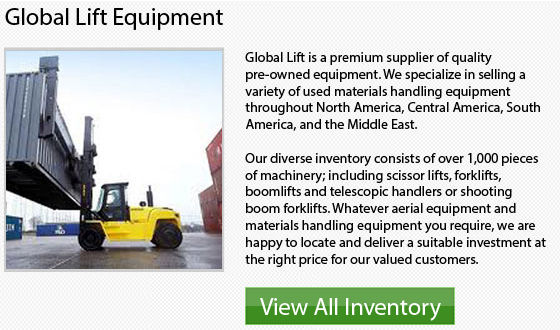
Types of Man Lifts
Designed specifically to vertically raise workers to higher areas, scissor lifts are common in the construction industry to help transport or raise personnel form one location to another. Man lifts are power-driven and offer platforms or steps and special handholds to provide safe transport. The type of construction work being done would decide precisely what type of man lift would be utilized in a project.
Electrically Insulated Man Lifts
According to Man and Material Lift Engineering, the man lift most preferred for working near electrocution hazards are electrically insulated man lifts. The electrically insulated man lifts offer protection to personnel against accidental electrocution. These equipment follow the American National Standards Institute A92.2 Category C, 46kV Rated. These electrically insulated man lifts provide fiberglass insulated booms, fiber optic control cables and are operated on nonconductive hydraulic hoses that serve to reduce ground error.
Scissor Lifts
Scissor lifts are a special type of aerial man lift which is meant to transport employees vertically to difficult-to-reach areas. The scissor lift derived its name due to the scissor kind of design of the folding supports which can raise and lower the platform. In order to hoist the lift, every one of the folding supports is opened so as to extend the platform to higher heights.
Scissor lifts can be either manually or hydraulically lifted. Hydraulic systems enable the scissor lifts to descend with only a release of hydraulic pressure, rather than relying on power. Since the potential of mechanical malfunctions preventing the platform from suddenly descending to the ground is eliminated, hydraulic systems make safer scissor lifts at the end of the day.
Capacity
Man lifts are designed in a huge range of weight capacities. Several man lifts have the capability to only hold numerous people while others have the ability to hold one individual. Scissor lifts and platform lifts are more conducive for transporting lots of people, as boom lifts have less space located in their bucket.